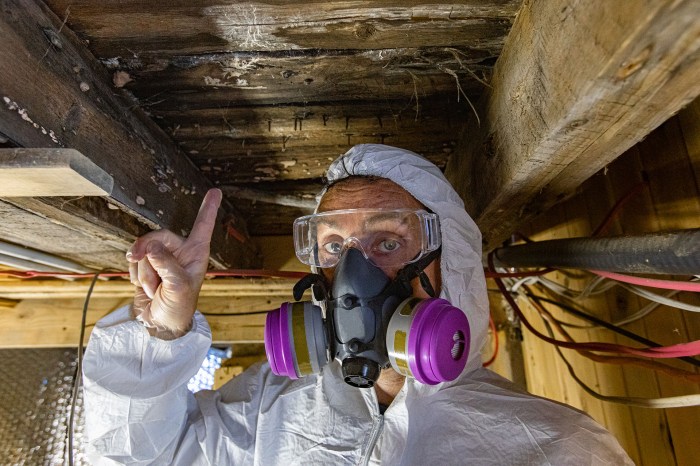Testing and Remediation Advanced Test: A comprehensive approach to addressing learning gaps and fostering student success. By leveraging advanced testing methods and targeted interventions, educators can tailor instruction to individual student needs, empowering them to reach their full potential.
In this comprehensive guide, we delve into the key components, strategies, and ethical considerations of advanced testing and remediation, providing educators with a roadmap for implementing effective programs that drive student achievement.
Advanced Testing and Remediation: Definition and Overview
Advanced testing and remediation are innovative approaches in education that aim to identify and address learning gaps and improve student outcomes. Advanced testing involves using sophisticated assessment methods to measure student knowledge and skills more precisely, while remediation refers to targeted interventions designed to provide individualized support to students who are struggling.
Key Components of Advanced Testing and Remediation Programs

Assessment
Comprehensive assessment is the cornerstone of advanced testing and remediation programs. It involves using a variety of assessment methods to gather data on student performance, including diagnostic assessments, formative assessments, and summative assessments.
Data Analysis
Data analysis is crucial for interpreting assessment results and identifying areas where students need additional support. Advanced testing and remediation programs utilize statistical techniques and data visualization tools to analyze student performance data and make informed decisions.
Targeted Interventions
Based on assessment data and data analysis, targeted interventions are designed to address specific learning gaps and difficulties. These interventions may include individualized tutoring, small group instruction, or online learning modules.
Progress Monitoring
Regular progress monitoring is essential to track student progress and evaluate the effectiveness of remediation interventions. This involves using ongoing assessments and data analysis to measure student growth and make adjustments to interventions as needed.
Methods and Strategies for Advanced Testing

Adaptive Testing
Adaptive testing is a computerized assessment method that adjusts the difficulty of test items based on student responses. This allows for more precise measurement of student knowledge and skills.
Diagnostic Assessments, Testing and remediation advanced test
Diagnostic assessments are designed to identify specific areas where students are struggling. They provide detailed feedback on student strengths and weaknesses, informing targeted interventions.
Performance-Based Assessments
Performance-based assessments measure student ability to apply knowledge and skills in real-world situations. They can involve projects, presentations, or simulations.
Developing and Implementing Remediation Interventions: Testing And Remediation Advanced Test

Principles of Effective Remediation
Effective remediation interventions are individualized, research-based, and focused on addressing specific learning gaps. They should be tailored to the student’s learning style and pace.
Designing Individualized Remediation Plans
Individualized remediation plans are developed based on assessment data and consider the student’s specific needs. They Artikel the goals, interventions, and progress monitoring strategies for each student.
Evidence-Based Strategies for Addressing Learning Difficulties
Evidence-based strategies for addressing learning difficulties include cognitive strategies, metacognitive strategies, and compensatory strategies. These strategies aim to improve memory, comprehension, and problem-solving skills.
Popular Questions
What is the purpose of advanced testing?
Advanced testing provides in-depth insights into student learning, identifying specific areas of strength and weakness. This information guides targeted interventions, ensuring that instruction is tailored to individual needs.
How does remediation contribute to student success?
Remediation offers personalized support to students who are struggling, addressing specific learning gaps and providing additional opportunities for practice and reinforcement. This targeted approach helps students overcome challenges and achieve academic success.
What ethical considerations should be addressed in advanced testing and remediation?
Ethical considerations include ensuring that assessments are fair and unbiased, that student data is used responsibly, and that all students have equal access to high-quality instruction and support.